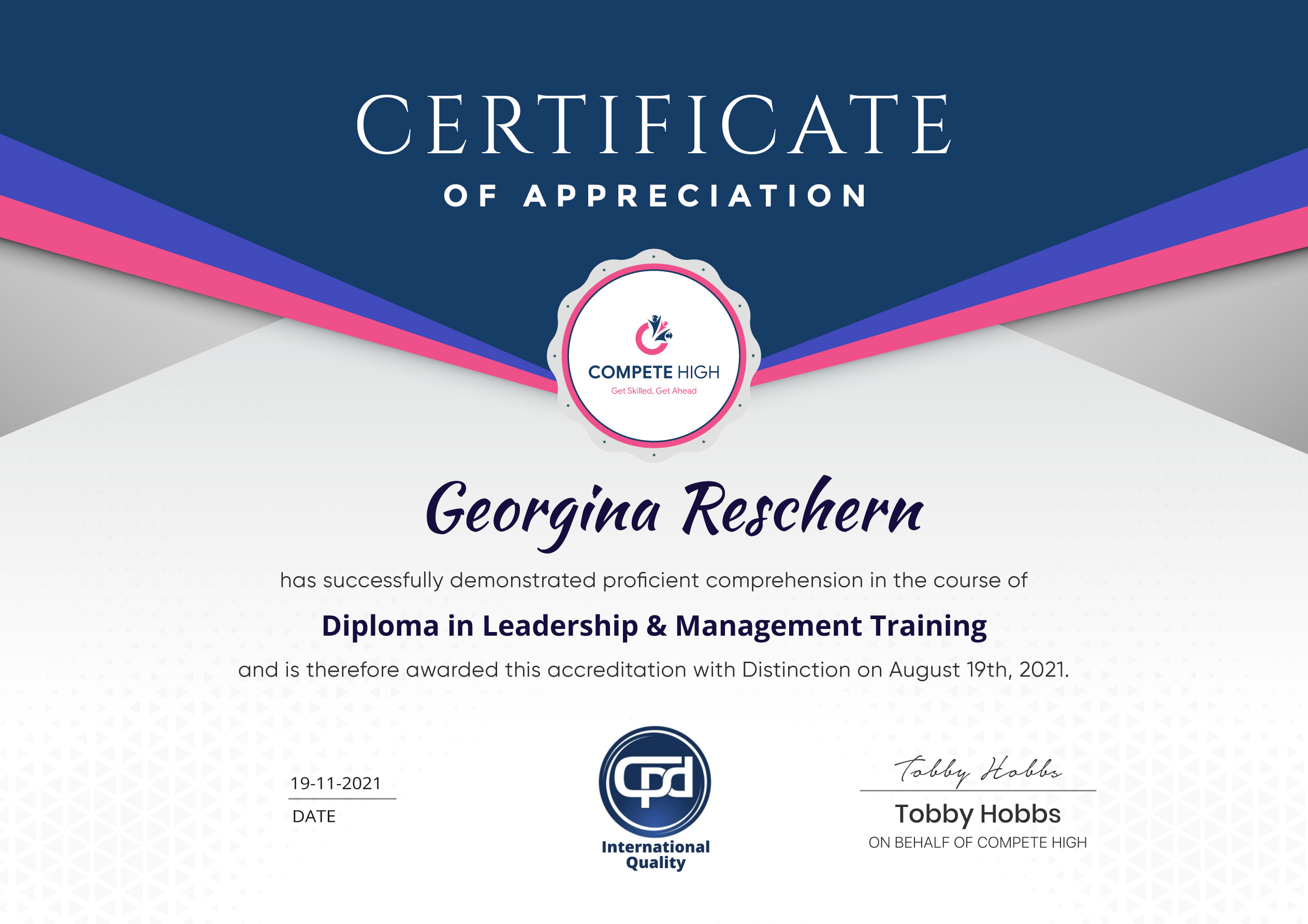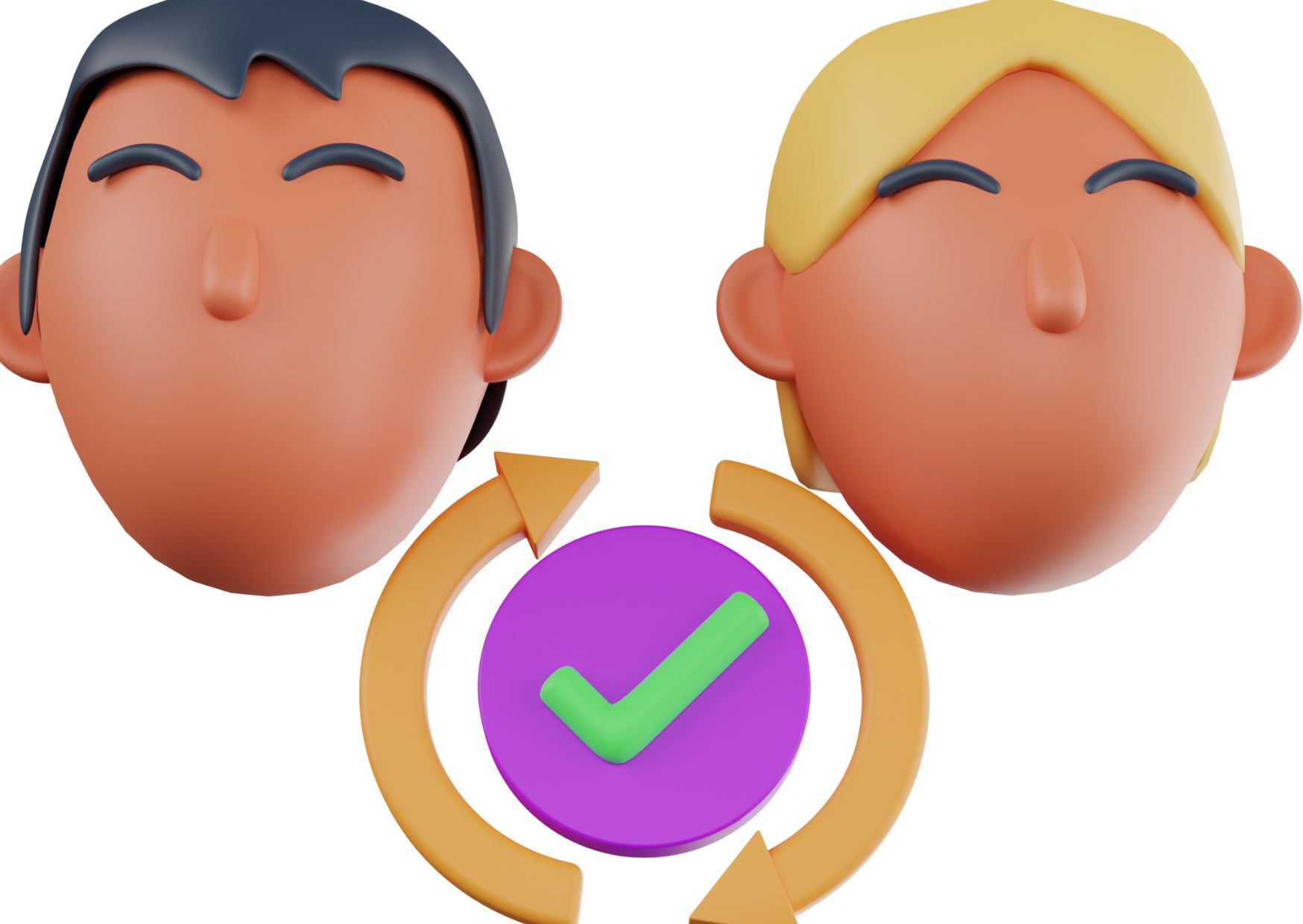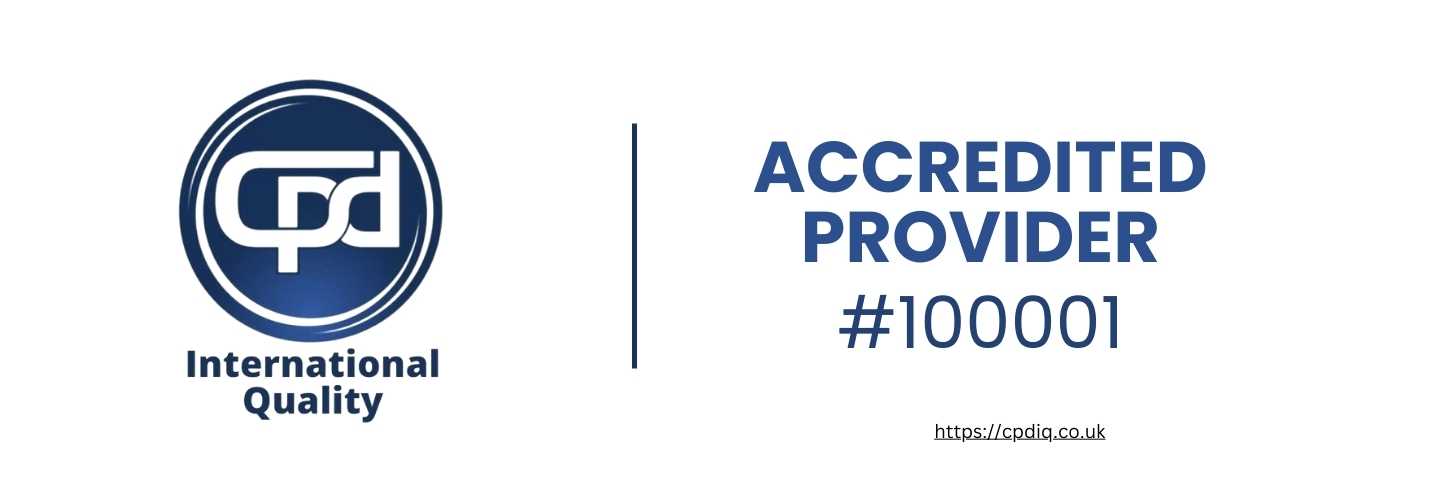Delegation is a cornerstone of effective leadership, yet many professionals struggle to delegate tasks efficiently. Effective Delegation Training is designed to equip learners with the skills to delegate confidently, manage teams efficiently, and improve productivity. Unlike lengthy management programs, this course is short, focused, and practical, allowing participants to complete it quickly and earn a certificate in record time.
Effective Delegation Training provides practical strategies to assign tasks clearly, monitor progress, and maintain accountability. It’s ideal for professionals, team leaders, and aspiring managers who want to become job-ready and excel in leadership roles without spending months in theoretical coursework.
Description
Effective Delegation Training is a streamlined, hands-on program that teaches learners the art and science of delegation. Through this course, participants gain the ability to identify tasks that can be delegated, match tasks with the right team members, and follow up without micromanaging.
The course focuses on real-world applications, helping learners develop actionable strategies that can be applied immediately. Key topics include assessing task priority, building trust within teams, setting clear expectations, and using delegation to enhance team productivity.
One of the major advantages of Effective Delegation Training is its fast-track structure. The course is significantly shorter than traditional leadership or management courses, enabling learners to complete it quickly and earn certification. This makes it ideal for anyone looking to enter management roles, support team projects, or improve workplace efficiency in a job-ready context.
By the end of the course, learners will understand how to leverage delegation to improve workflow, foster team growth, and achieve organizational goals. The skills acquired are transferable to leadership positions, project management roles, and team-based professional environments.
Who Is This Course For?
Effective Delegation Training is perfect for:
-
Team leaders and managers who want to improve efficiency
-
Aspiring supervisors seeking practical leadership skills
-
Project managers looking to enhance team performance
-
Freelancers or small business owners managing multiple responsibilities
-
Job seekers aiming to develop job-ready leadership skills
This course is especially valuable for learners who want speed and efficiency. Its short duration allows participants to complete the course quickly, earn a certificate, and immediately apply delegation strategies in real-world scenarios. No prior management experience is required.
FAQ
Q: How long does it take to complete Effective Delegation Training?
A: The course is designed for fast completion, much shorter than traditional management programs, allowing learners to finish quickly and receive certification without delay.
Q: Do I need prior management experience?
A: No. Effective Delegation Training is beginner-friendly and provides step-by-step guidance to develop strong delegation skills.
Q: Will this course help me get a job?
A: Yes. The course emphasizes job-ready skills in leadership, team management, and task delegation that are valuable to employers and organizations.
Q: Is this course practical or theoretical?
A: The course is highly practical, focusing on real-world delegation techniques, strategies, and exercises rather than abstract theory.
Q: How is this course different from other management courses?
A: Effective Delegation Training is shorter, more focused, and designed for fast certification and immediate application, unlike longer programs that take months to complete.
Q: Is the course self-paced?
A: Yes. The course is fully online and self-paced, allowing learners to study at their own convenience.














